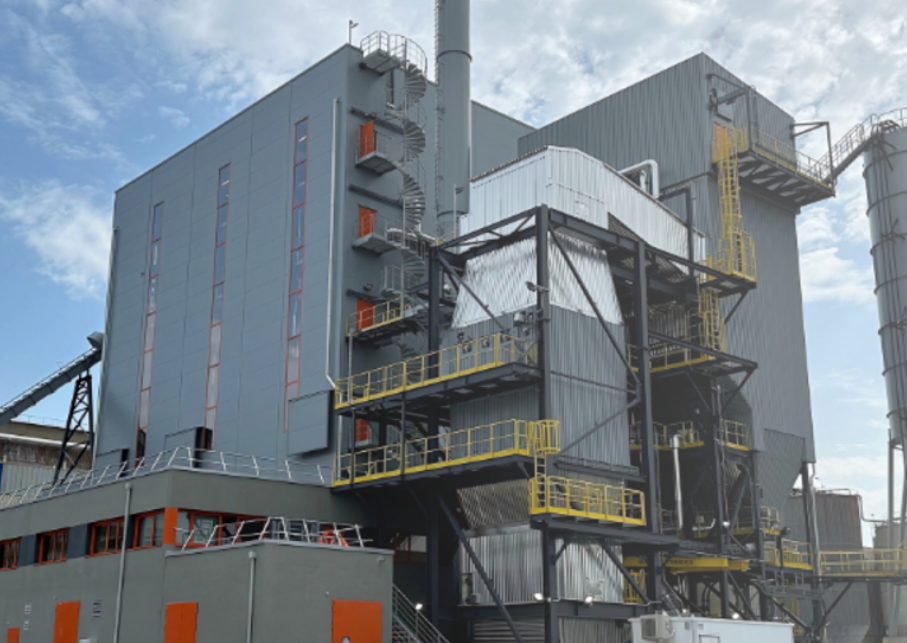In a quarterly update, paper recyclers from France, Germany, Scandinavia and Spain all reported that high energy prices, a lack of new products being made and low collection volumes are all impacting prices. OCC demand has been low “all over the world”, the report also said.
From the UK’s perspective, which was not included in the report, some recyclers have told letsrecycle.com they are now being hit with a “double whammy” from falling demand and a dip in the PRN price, with predictions that the prices of bulk grades will take a “significant fall”.
Another said prices have been “dropping significantly” recently on the back of the PRN price, which fell from as high as £45 a tonne in March to as low as £13 recently.
Consumer restraint

From a German perspective, Reinhold Schmidt of Recycling Karla Schmidt, said in the report that “continuing consumer restraint” has led to a further slight decline in recovered paper collection volumes across all qualities so far this year.
“As generally happens, there was a time lag of a few months between the reduced production of goods/commodities and the recovered paper volumes available for collection. The exception was office paper, for which sales fell well short of collected volumes with the result that prices paid by the mills fell by an amount in the low double-digit range,” he said.
He added that across all grades, the recovered paper recycling industry is currently “marketing at least 20% less volume than in previous years”.
“But thanks to still-healthy exports of lower and medium qualities, recovered paper collection and processing costs can still be covered while also preventing all-important separate collections from coming under pressure,” he remarked.
Demand
Francisco Donoso, from Spain’s DOLAF Servicios Verdes said that “demand for OCC grades has been rather low all over the world, although in Asia it seems to be particularly weak”.

Mr Donoso said fewer goods exports from China and other Asian countries to Europe and the USA mean that packaging production is declining and therefore demand and prices for OCC are weaker.
“Last year brought big price drops in Asian OCC imports and the situation has not improved in 2023, with only small changes up and down.”
For white grades and pulp substitutes, “demand is even worse than for OCC,” Mr Donoso said.
He added: “Pulp prices have fallen sharply and therefore the white grades have also seen price reductions during recent months. The tissue market is not at all strong and therefore demand for raw materials is really low. Deinking grades have also sustained price reductions over recent months in Europe and the USA; stock levels are low but demand is even worse.”
He did however say the market in Europe is “becoming a little brighter” with higher demand for bulk grades and price increases since March. “Expectations of 3 million tonnes of additional production capacity could be the reason behind these latest increases,” he said.
Volumes
Jean-Luc Petithuguenin, of French company Paprec said collection volumes so far in 2023 have been low.
“Activity among paper mills was similarly low, with production falling 21.9% in March. Owing to thin order files, many customers were obliged to adapt by either slowing their production or even stopping machines,” he remarked.
He added that while export sales were available at the beginning of the year, recent weeks have been “more of a struggle”. Demand is average and some downward price adjustments have recently been proposed.
The devastating earthquake that struck Turkey in February had a significant adverse impact on the economy
- Ekrem Demircioglu
Turkey
Turkey is a huge market for recovered paper across the continent. In the BIR report, Ekrem Demircioglu, explained that production volumes have declined by a further 30% in 2023 compared to the final quarter of 2022, resulting in a 30-40% fall in sales prices, “while exports were on the verge of coming to a halt”.
He said skyrocketing energy prices and escalating inflation has resulted in an increase in all costs and made it a “trying time” for paper mills.
“Furthermore, the devastating earthquake that struck Turkey in February had a significant adverse impact on the economy and led to the closure of the Kahraman Maraş Paper Mill and Kipas Holding mills in the region owing to the damage incurred,” he explained.









Subscribe for free